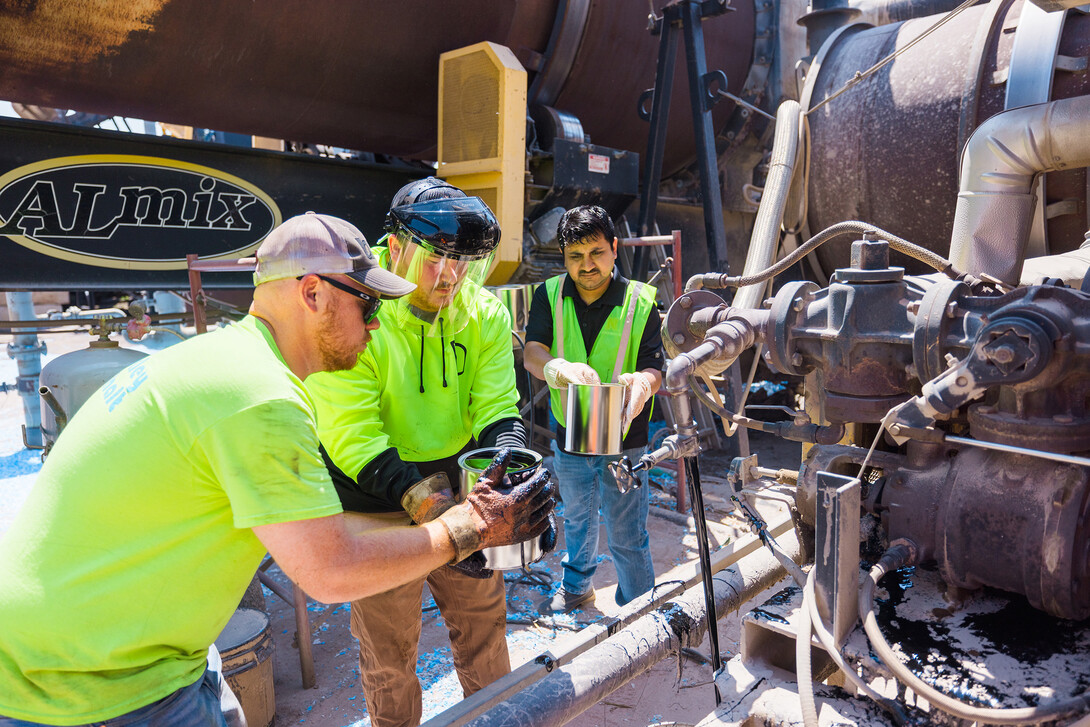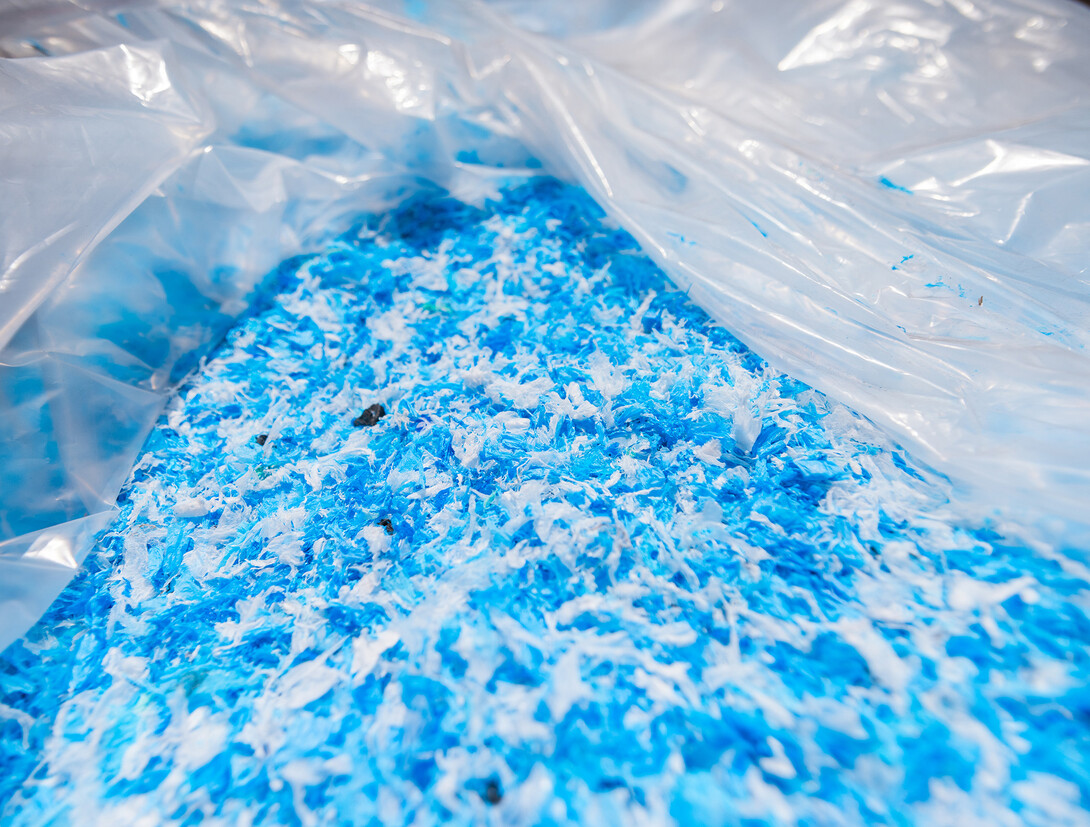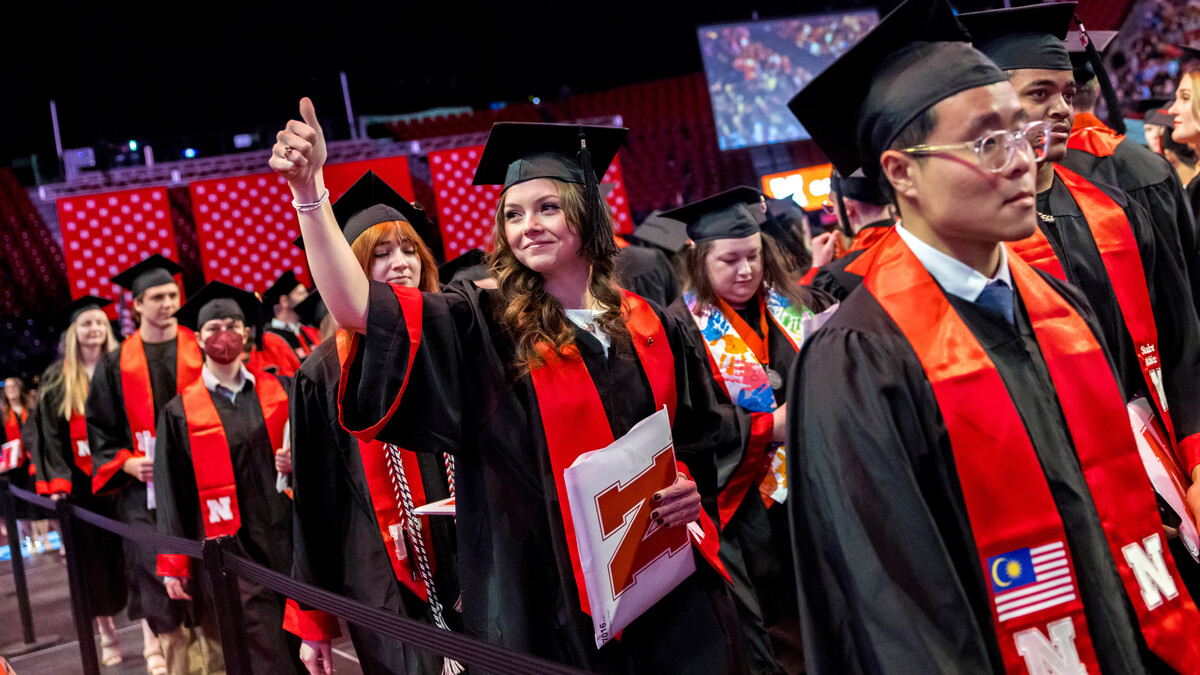Millions of plastic bags are giving an old road in South Sioux City, Nebraska, a new look thanks to the expertise of Jamilla Teixeira, assistant professor of civil and environmental engineering at the University of Nebraska–Lincoln, and a $500,000 grant from Nebraska Environmental Trust after South Sioux City applied for funding through NET.

South Sioux City constructed a 4,000-foot stretch of Foundry Road near Siouxland Freedom Park using a cutting-edge asphalt blend made from two million recycled plastic bags. In addition to Foundry Road, the project includes paving an extension of the Al Bengtson Bicycle Trail in the community. This first-of-its-kind road in Nebraska aims to reduce plastic waste while improving road durability, especially under varied weather conditions.
South Sioux City celebrated the paving of Foundry Road with an event at 1801 Veterans Drive at Siouxland Freedom Park June 11.
“This is a pilot project, but it is an excellent opportunity to partner with a Nebraska community and test how the mixture will perform under the extreme weather conditions we have here,” Teixeira said. “Lance Hedquist [South Sioux City City administrator] heard about my collaborations with the First Star Recycling Facility and Nebraska Department of Transportation and contacted me to support the South Sioux City project.”
According to Teixeira, she was serving as principal investigator on research studying the feasibility of incorporating waste plastics in asphalt materials (binders and mixtures) and testing the mixture for cracking, rutting, and moisture resistance when she was contacted by Hedquist. In addition to waste plastic, the mixture used for the paving also includes 25 percent Reclaimed Asphalt Pavement — another recycled material already widely used by NDOT.

For Teixeira, this project aligns with her role as one of four College of Engineering Scholarship of Engagement Fellows, an inaugural cohort of faculty who receive a $4,000 stipend to assist with community projects. She is focused on sustainable infrastructure solutions to develop protocols for incorporating shredded plastic into asphalt.
While the project in South Sioux City is unique to Nebraska, it’s not new to the United States as Colorado and Wisconsin previously invested in asphalt made from shredded plastic. India began the plastic road concept more than 25 years ago.
In addition to UNL, the City of South Sioux City, NDOT and the Nebraska Environmental Trust and First Star Recycling, collaborative partners include DOW Chemical Jebro, Barkley Asphalt and Goodwill of the Great Plains.







